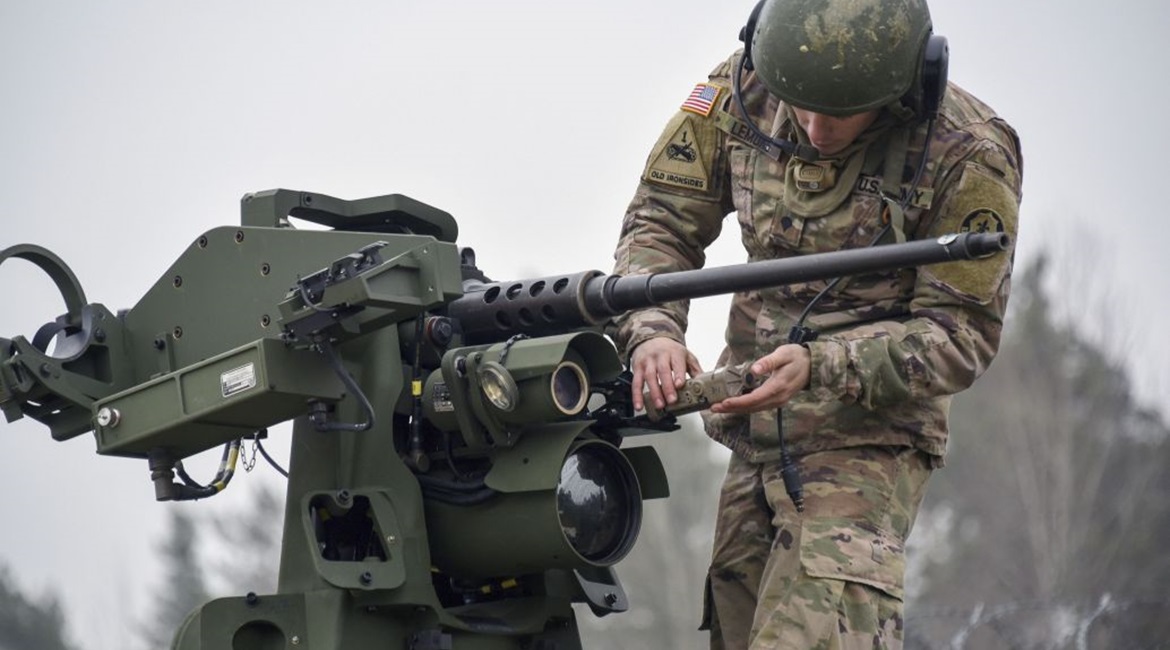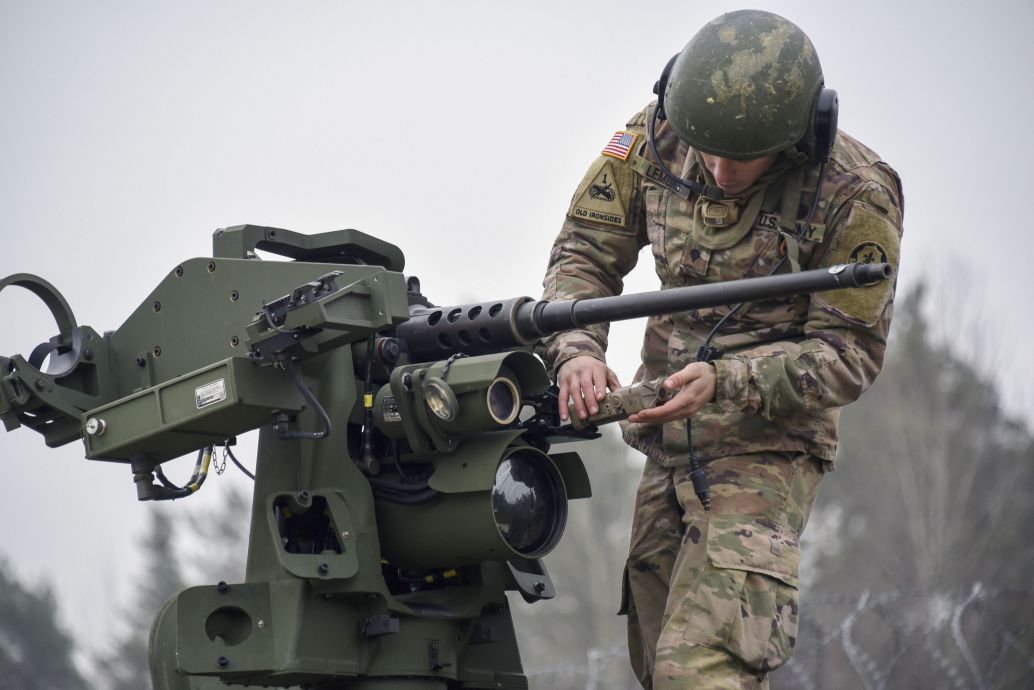
Software reliability issues associated with outfitting Stryker vehicles with the upgraded Common Remotely Operated Weapons Station – Javelin (CROWS-J) forced the US Army to delay the effort and postpone fielding, the service told Janes . After re-baselining the programme, though, the army plans to re-enter developmental testing in February and outfit the first unit with the capability in 2022.
In recent weeks, the vehicle upgrade plan incurred increased scrutiny after lawmakers stripped USD39 million from the effort in their fiscal year 2021 (FY 2021) spending bill citing delays, and a newly released Director, Operational Test and Evaluation (DOT&E) report pointed to numerous problems including “poor system reliability during pre-test events”.
On the latter, the office cited the army’s decision to downgrade a planned operational assessment of the CROWS-J Engineering Change Proposal (ECP) to an early user assessment (EUA) in late 2019.
“The CROWS-J operational assessment in the first quarter of FY 2020 revealed software reliability issues not discovered in earlier developmental testing,” Ashley John, director for public and congressional affairs for the Program Executive Office for Ground Combat Systems (PEO GCS), wrote in a 27 January email.
DOT&E noted that in addition to “significant software reliability deficiencies”, there were also system integration issues that slowed Javelin engagement times, and forward-looking infrared sight problems that led to “poor crew target identification performance”. The office also noted that a preliminary vulnerability assessment of CROWS-J against kinetic threats identified a crew vulnerability related to the vehicle’s hatches but said these details would be discussed in a classified survivability assessment.

Looking to read the full article?
Gain unlimited access to Janes news and more...




